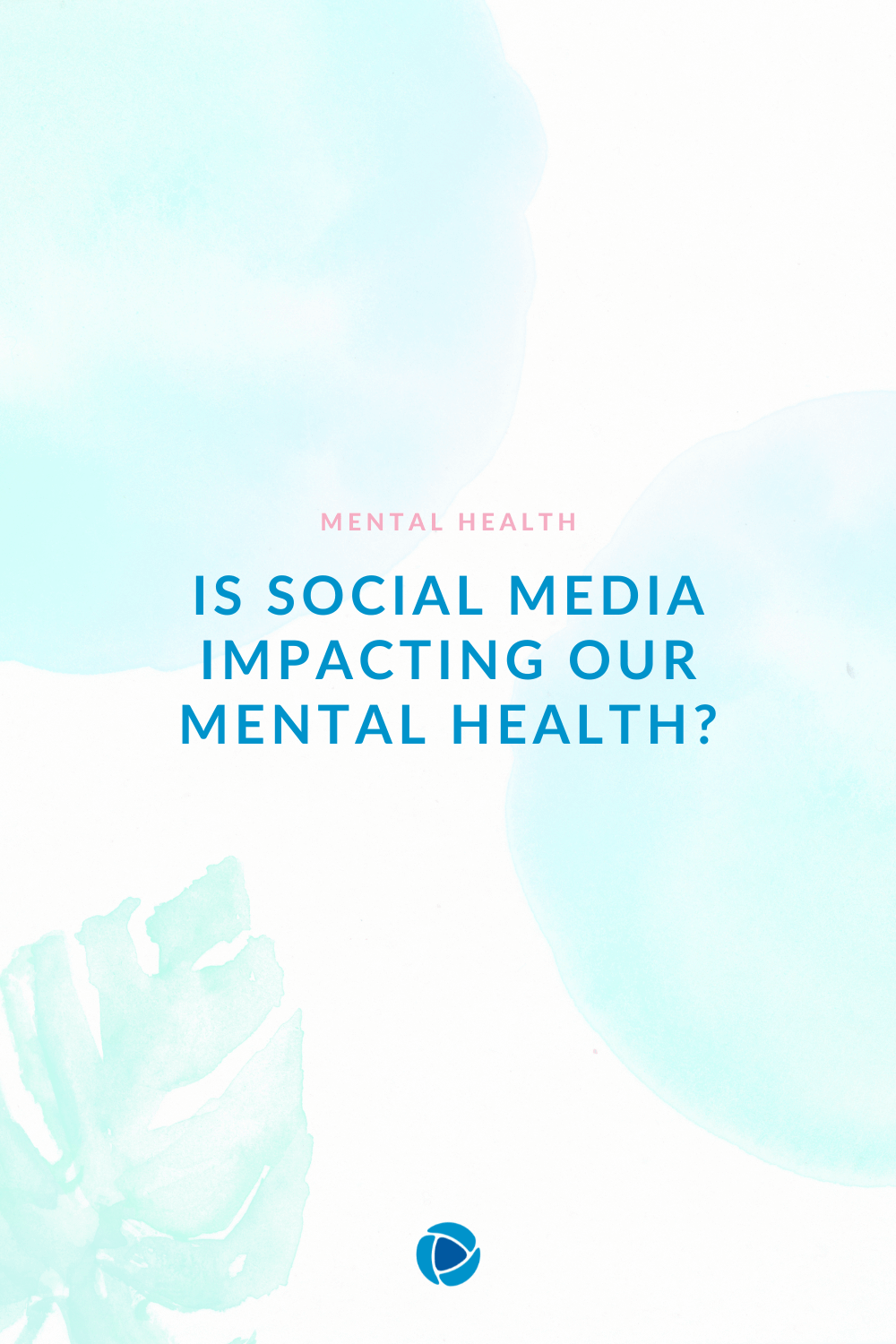4 out of 5 of the most popular social media sites have had a negative impact on young people’s mental health, according to a survey conducted by the Royal Society of Public Health and Young Health Movement. The concern was that fitness and lifestyle accounts have become increasingly popular as well as models posting images of their bodies—resulting in young people comparing their own body and appearance. The reason the survey was conducted was to establish if this is indeed the case.
The survey included 1,500 people, aged between 14-24 and found that health and fitness pages across social media platforms make people feel inadequate and anxious in their own bodies and self. Survey participants were asked to rate the impact that Snapchat, Twitter, Facebook, Instagram and YouTube have across 14 different aspects of their mental health and wellbeing. This included sleeping problems, anxiety, depression, bullying and loneliness. Instagram scored the worst, rating badly for seven out of the fourteen areas. This included self-esteem, decreasing body confidence, and increasing anxiety. According to the same survey—Snapchat, Twitter and Facebook are also harmful. In comparison, YouTube seemed to show positive effects on mental health in young people. All four ‘harmful’ platforms seem to have a negative effect as they worsen young people’s body image concerns. Cyber-bullying is also a concern. The four ‘harmful’ platforms according to this survey can also cause sleep problems, anxiety and depression. Having said this, young people also suggested that it can have a positive effect by allowing self-expression.
Many of us fail to recognise that what we see across social media is not necessarily true. The majority of ‘fitness motivation’ images which are affecting young people’s self-confidence, typically include the perfect angle and lighting. As a reaction to this, more recently numerous accounts have been showing the reality of those perfect shots. A few Instagram models have been ‘redefining beauty standards’ by showing the before and after pictures of themselves in edited and unedited mode and the difference in their body just due to their posture at the time the photograph was taken. A number of projects worldwide have also challenged the ‘ideal body’ by posting images of people with diverse physical characteristics to celebrate that diversity and challenge the ‘one-size-fits-all’ model of beauty.
In spite of the many challenges it poses, social media has also become a great place for self-expression, contacting friends/family and sharing your achievements. Whether the effect of social media on an individual is going to be positive or negative seems to depend on finding a healthy balance between real relationships and virtual connections.
These are some of the things to watch out for when using social media
- Low self-esteem: do I feel worse about myself after being on social media?
- Do I feel low when I see other people’s images and lifestyle?
- Do I find myself wishing my life was like someone else’s?
- Do I use social media as the only source of news, entertainment and enjoyment?
- Do I use social media as my means of interaction with others?
- Have I stopped talking to people face to face or even on the phone?
- Do I feel disconnected from others?
- Do I get the feeling that I need to share everything I do on social media?
- Do I feel that if I don’t check social media all the time I will miss something incredibly important?
If you are experiencing any of the above, it may be worth taking some time out from social media and focusing on yourself and your relationships. It’s important to remember that much of what is presented is not real. If you think about it, by disconnecting from social media you will not miss out on anything that is actually important in the long run. The things that matter in the long run don’t tend to happen on your screen.
https://www.rsph.org.uk/static/uploaded/d125b27c-0b62-41c5-a2c0155a8887cd01.pdf

